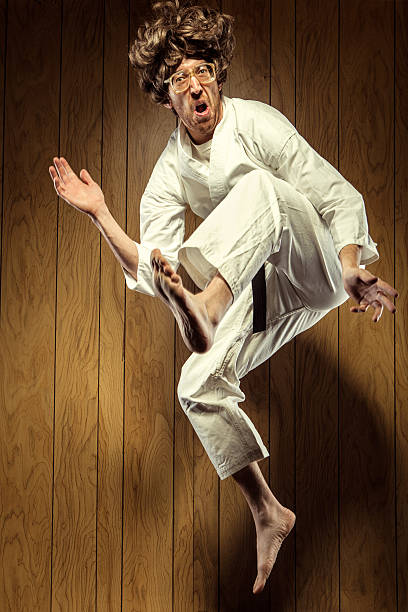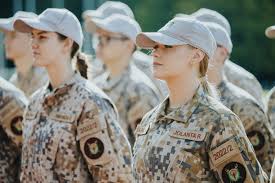Stamp: Mounted Combatant of the 19th Cty. (Hungary 1959)
Mounted Combatant of the 19th Cty. (Hungary 1959)
11 July (Hungary ) within release World Fencing Championships, Budapest goes into circulation Stamp Mounted Combatant of the 19th Cty. face value 60 Hungarian fillér
| Stamp Mounted Combatant of the 19th Cty. in catalogues | |
|---|---|
| Michel: | Mi: HU 1605B |
| Philatelia Hungarica Catalog: | PHu: HU 1669V |
Stamp is vertical format.
Horse (Equus ferus cabalus)Also in the issue World Fencing Championships, Budapest:
- Stamp - Combatant of the 10th Cty. face value 10;
- Stamp - Combatant of the 15th Cty. face value 20;
- Stamp - Combatant of the 19th Cty. face value 30;
- Stamp - Combatant of the 19th Cty. face value 40;
- Stamp - Mounted Combatant of the 19th Cty. face value 60;
- Stamp - Fencer Charging face value 1;
- Stamp - Fencer in Basic Position face value 1.40;
- Stamp - Fencer Greeting face value 3;
- Stamp - Fighter from the 10th century face value 10;
- Stamp - Combatant of the 10th Cty. face value 10;
- Stamp - Combatant of the 15th Cty. face value 20;
- Stamp - Combatant of the 19th Cty. face value 30;
- Stamp - Combatant of the 19th Cty. face value 40;
- Stamp - Fencer Charging face value 1;
- Stamp - Fencer Greeting face value 3;
- Stamp - Fencer in Basic Position face value 1.40;
- Stamp - Mounted Combatant of the 19th Cty. face value 60;
- Stamp - Combatant of the 10th Century face value 10;
- Stamp - Combatant of the 15th Century face value 20;
- Stamp - Combatant of the 19th Century face value 30;
- Stamp - Combatant of the 19th Century face value 40;
- Stamp - Fencer in Basic Position face value 1.40;
- Stamp - Mounted Combatant of the 19th Century face value 60;
Stamp Mounted Combatant of the 19th Cty. it reflects the thematic directions:
Animals are multicellular, eukaryotic organisms of the kingdom Animalia (also called Metazoa). All animals are motile, meaning they can move spontaneously and independently, at some point in their lives. Their body plan eventually becomes fixed as they develop, although some undergo a process of metamorphosis later on in their lives. All animals are heterotrophs: they must ingest other organisms or their products for sustenance.
An army, ground force or land force is an armed force that fights primarily on land. In the broadest sense, it is the land-based military branch, service branch or armed service of a nation or country. It may also include aviation assets by possessing an army aviation component. Within a national military force, the word army may also mean a field army.
Fencing is a combat sport that features sword fighting. It consists of three primary disciplines: foil, épée, and sabre (also spelled saber), each with its own blade and set of rules. Most competitive fencers specialise in one of these disciplines. The modern sport gained prominence near the end of the 19th century, evolving from historical European swordsmanship. The Italian school altered the historical European martial art of classical fencing, and the French school later refined that system. Scoring points in a fencing competition is done by making contact with the opponent with one's sword.
The horse (Equus ferus caballus) is one of two extant subspecies of Equus ferus. It is an odd-toed ungulate mammal belonging to the taxonomic family Equidae. The horse has evolved over the past 45 to 55 million years from a small multi-toed creature, Eohippus, into the large, single-toed animal of today. Humans began to domesticate horses around 4000 BC, and their domestication is believed to have been widespread by 3000 BC. Horses in the subspecies caballus are domesticated, although some domesticated populations live in the wild as feral horses. These feral populations are not true wild horses, as this term is used to describe horses that have never been domesticated, such as the endangered Przewalski's horse, a separate subspecies, and the only remaining true wild horse. There is an extensive, specialized vocabulary used to describe equine-related concepts, covering everything from anatomy to life stages, size, colors, markings, breeds, locomotion, and behavior.
Martial arts are codified systems and traditions of combat practiced for a number of reasons such as self-defence; military and law enforcement applications; competition; physical, mental, and spiritual development; entertainment; and the preservation of a nation's intangible cultural heritage
A military, also known collectively as an armed forces, are a heavily armed, highly organized force primarily intended for warfare. Militaries are typically authorized and maintained by a sovereign state, with their members identifiable by a distinct military uniform. They may consist of one or more military branches such as an army, navy, air force, space force, marines, or coast guard. The main task of a military is usually defined as defence of their state and its interests against external armed threats.
Sport is a form of physical activity or game. Often competitive and organized, sports use, maintain, or improve physical ability and skills. They also provide enjoyment to participants and, in some cases, entertainment to spectators. Many sports exist, with different participant numbers, some are done by a single person with others being done by hundreds. Most sports take place either in teams or competing as individuals. Some sports allow a "tie" or "draw", in which there is no single winner; others provide tie-breaking methods to ensure one winner. A number of contests may be arranged in a tournament format, producing a champion. Many sports leagues make an annual champion by arranging games in a regular sports season, followed in some cases by playoffs.





